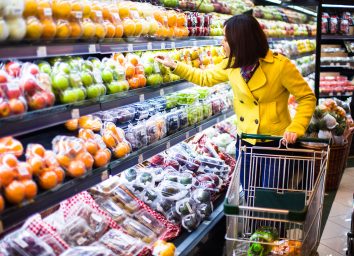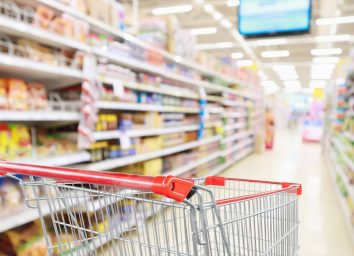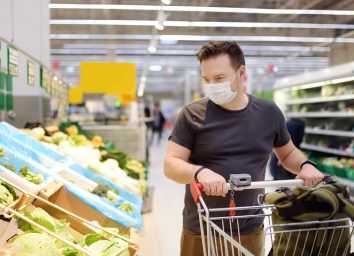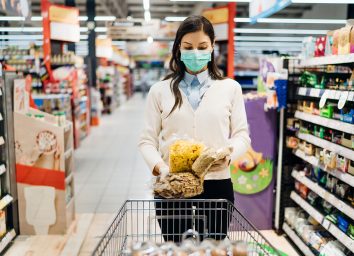The One Place You Should Be Buying Your Groceries, But Aren't
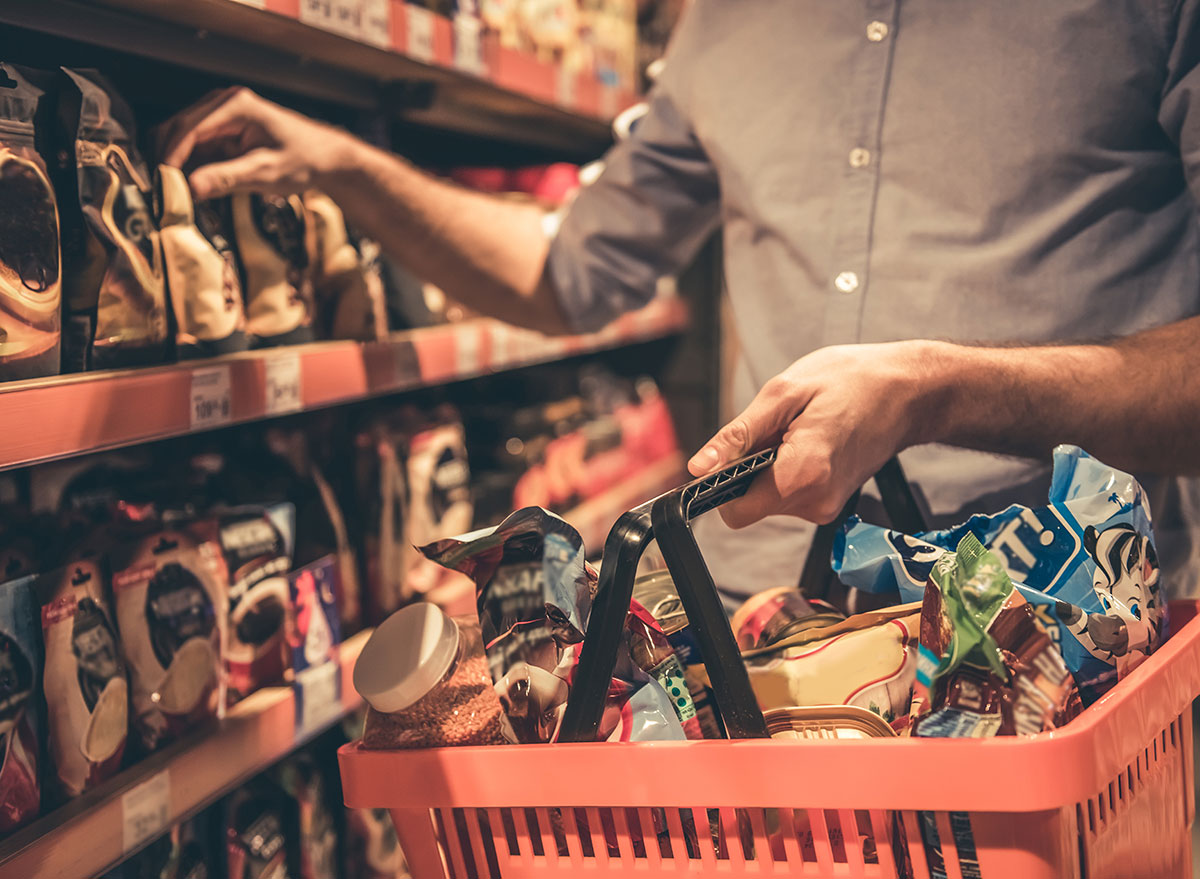
As news continues to develop (seemingly on an hourly basis) about how and where you can potentially contract coronavirus, it's changing the ways in which we go about our daily lives—particularly when it comes to buying essential food and supplies (especially for these 8 Grocery Items That May Soon Be in Short Supply).
For those who are looking to get all of their grocery shopping done in one trip while saving money, a giant supermarket or big-box store might seem like the best solution. But, medical experts are suggesting that we should actually not overlook smaller, more local grocery stores. They may not have everything, but they could offer a few benefits when it comes to avoiding coronavirus.
"While your local grocery store may not have the same discounts of the closest Walmart or Costco, it offers an easier shopping experience," says Daniel Rosen, M.D., a bariatric surgeon who runs covidtestingnyc.com and serves as a concierge COVID-19 medical adviser. "Even before COVID-19, I'd recommend people buy fresh, local produce to help keep ingredients simple and manageable. Now, with the ongoing threat of coronavirus, local grocery stores offer a safer alternative."
According to Dr. Rosen, the reasons for this include the fact that your local grocer sees much less foot traffic than larger big-box warehouses or retail chains. This means there will be fewer shoppers in the store and a reduced possibility that someone carrying COVID-19 will be there.
"Additionally, local stores are smaller, which means there's less ground to cover and a smaller [selection] to choose from," says Rosen. "This reduces [potential] exposure from handling items and time spent in the store."
In contrast, big-box chains are in many ways designed to encourage customers to spend more time shopping than they typically would during the average grocery run. They have entertainment sections, clothing, and other departments that woo you to peruse. Plus, without any other options for outings and entertainment amid the pandemic lockdown, more people are flocking to these warehouses and retail chains, because they're very likely the only place in town to go.
"Unfortunately, big-box stores are becoming places for socializing and family outgoings—part of it could be shopping therapy with all the stress and isolation," says Jagdish Khubchandani, Ph.D., professor of health at Ball State University. "The overcrowding of such places is deeply concerning, especially when people are disregarding social distancing and wearing masks."
Khubchandani says that small, local grocers are a better place to shop because they're most often strictly for food buying. Plus, they're often closer to your home, less crowded, and have shorter wait times—so you can get in and out quicker.
This benefit is particularly key in one part of the grocery store that can be the most dangerous: The checkout line.
"We all know that long checkout lines can be the most frustrating experience when shopping. Now, long lines are dangerous," says Susan Donelan, M.D., medical director of healthcare epidemiology at Stony Brook Medicine. "Even with six-foot markers to stand on, long checkout lines are the most crowded space you can be in while shopping." For a safer and easier food shopping experience, Dr. Donelan recommends going to the local supermarket, where lines tend to flow faster and easier.
Plus, choosing to shop local provides significant economic benefits to your community's stores during these difficult times, adds Dr. Abe Malkin, M.D., M.B.A., founder and medical director of Concierge MD LA. "From an economic standpoint, it's a great option for supporting local businesses and putting money back into the local market," he says.
Regardless, wherever you decide to shop, you and your fellow shoppers should be wearing face coverings and keeping six feet of distance. For more, check out these 5 Grocery Store Changes That are Here to Stay.
